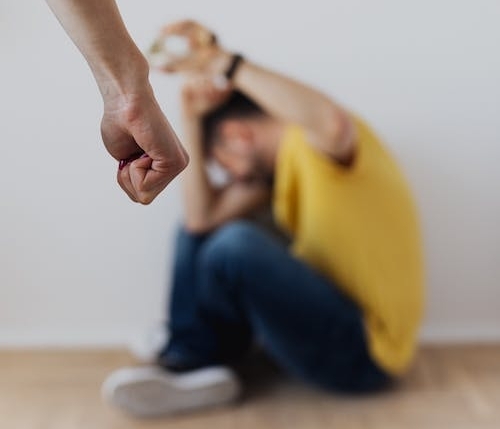Domestic violence and abuse are distressing realities that affect countless individuals and families in the United Kingdom. These forms of violence can manifest in various ways, including physical, emotional, sexual, and financial abuse. Recognising the signs of abuse and understanding the available legal protections are crucial for those seeking assistance.
In the United Kingdom, robust laws and regulations have been established to address domestic violence and abuse, aiming to provide support and justice for victims.
Understanding Domestic Violence and Abuse
Domestic violence and abuse encompass a range of behaviourswithin intimate relationships, affecting all individuals, regardless of age, gender, or social background. It involves exerting power and control over another person, resulting in physical, emotional, sexual, or financial harm.
Physical abuse includes acts of violence, such as hitting, slapping, or choking, while emotional abuse entails manipulation, humiliation, and constant belittling. Sexual abuse involves any non-consensual sexual activity, and financial abuse refers to controlling or exploiting a partner’s finances or resources. These forms of abuse often coexist, creating a toxic environment of fear, intimidation, and harm.
The impact of domestic violence and abuse extends beyond immediate physical injuries, leaving deep emotional scars and long-term trauma. Victims may experience anxiety, depression, low self-esteem, and helplessness. Children witnessing such violence are also profoundly affected, potentially impacting their well-being and development.
Types of Assistance Available
When faced with domestic violence and abuse, it is important to know that help is available. In the United Kingdom, various types of assistance and support services are designed to aid victims in their journey toward safety and recovery.
Local Authority Services
Local authorities play a significant role in supporting domestic violence and abuse victims. They offer various services, including emergency accommodation, housing advice, and legal assistance. Contact your local authority’s housing department or social services to inquire about the support available in your area.
Helplines and Domestic Violence Support Organisations
In the United Kingdom, numerous dedicated organisations provide vital support and resources to domestic violence and abuse victims. These organisations are committed to offering confidential assistance, guidance, and a safe haven for those in need. Here are some prominent domestic violence support organisations in the UK:
- Refuge (0808 2000 247):Refuge is a national charity that provides emergency accommodation, advice, and support to women and children experiencing domestic violence. They operate a 24-hour helpline and have a network of safe houses across the country.
- Women’s Aid (0808 2000 247):Women’s Aid is a national organisation that supports women and children affected by domestic abuse. They offer a helpline, online resources, and access to local support services, including refuge accommodations.
- Men’s Advice Line (0808 801 0327):The Men’s Advice Line provides confidential support and advice to male victims of domestic violence and abuse. They offer guidance on a range of issues, including practical advice, legal information, and emotional support.
- Galop (0800 999 5428):Galop is an organisation that supports lesbian, gay, bisexual, and transgender (LGBT+) individuals who experience domestic abuse. They provide confidential advice, advocacy, and specialist support tailored to the specific needs of the LGBT+ community.
- Rights of Women (020 7251 8887):Rights of Women is a charity that offers legal advice and information to women experiencing domestic violence and abuse. They provide expert guidance on family law, divorce, and child custody issues.
These organisations are just a few examples of the many support services available in the UK. They can offer practical advice, emotional support, access to safe accommodations, and assistance with legal matters. It is crucial to reach out to these dedicated organisations to access the support and resources needed to break free from the cycle of domestic violence and abuse.
Police and Legal Aid Services
The police play a critical role in responding to domestic violence incidents, ensuring the safety of victims, and initiating investigations. If you are in immediate danger, dial 999. Additionally, legal aid services may assist victims in accessing legal representation, obtaining protective orders, and navigating the legal process.
It is important to note that seeking assistance from these resources is confidential, and professionals are trained to handle domestic violence cases with sensitivity and empathy. Remember, you do not have to face this alone, and reaching out for support is a courageous step toward breaking free from the cycle of abuse.
Final Thoughts
Domestic violence and abuse are serious issues that affect individuals and families across the United Kingdom. However, it is important to remember that help is available. By reaching out to support services, helplines, and domestic violence organisations, victims can access the assistance, resources, and guidance needed to navigate their way to safety, healing, and a brighter future.


